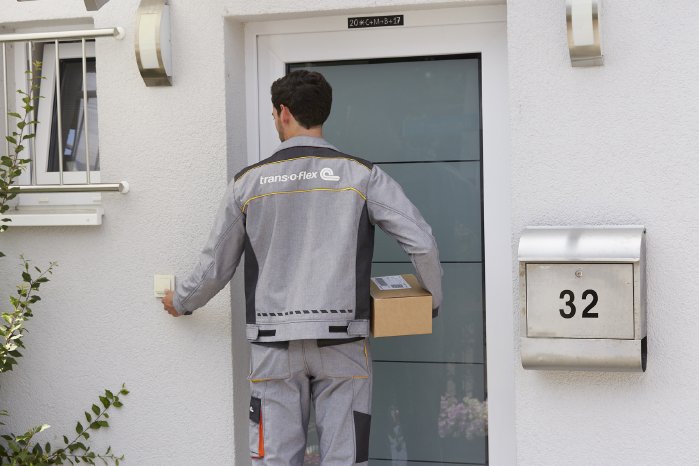- trans-o-flex Express develops its own product for deliveries to private households
- New service considers the special requirements made on home deliveries
- Combination with active temperature control ensures reliable deliveries of sensitive pharmaceutical products all over Germany
“The number of 2C shipments in our system is increasing but we were not able to take their special features into account in our planning because we did not know that they are 2C shipments”, explains Albeck. This is why the CEO of trans-o-flex decided to develop the new home delivery service. "It is not our goal to become just another parcel service for private recipients. What we want for our classical clients, who have more and more 2C shipments, is a solution that works perfectly in the long term for all parties involved: dispatcher, recipient and the logistics partner”. This also applies to trans-o-flex's special services. It should also be possible to combine active temperature control or express services with home deliveries, thus, for example, ensuring maximum patient safety with respect to sensitive pharmaceuticals.
On the one hand, trans-o-flex, with the new "Private Delivery" service, wants to take the special conditions of such deliveries into account: that there are no fixed opening hours during which deliveries can be made, that private recipients are often not at home when their shipments arrive, that fewer packages are delivered per address or that the journeys are often longer. On the other hand, the costs associated with these conditions should not represent an incalculable risk for the dispatcher.
This is why a pricing model was developed that is simple and also rewards the help of the dispatcher. “In the future, customers will be able to mark a shipment as a private delivery already during data transmission”, explains Albeck. “This shipment will then be automatically invoiced with the amount agreed for private recipients.” According to Albeck, this price will always be lower than where the shipments have not been marked as home deliveries. “If the driver recognizes that he is delivering to a home address that is not marked as such, a standard surcharge will be charged for the delivery, which includes an administrative surcharge.”
In order to avoid that the drivers mark addresses as private addresses without justification, they were given specific training from May onwards. “Now, all drivers are obliged to mark private addresses on their delivery computers”, continues Albeck. A clear definition has been developed for the classification of private addresses. “’This includes all deliveries to a private home or a company that does not have fixed acceptance or opening hours and whose address is obviously used for residential purposes.”


